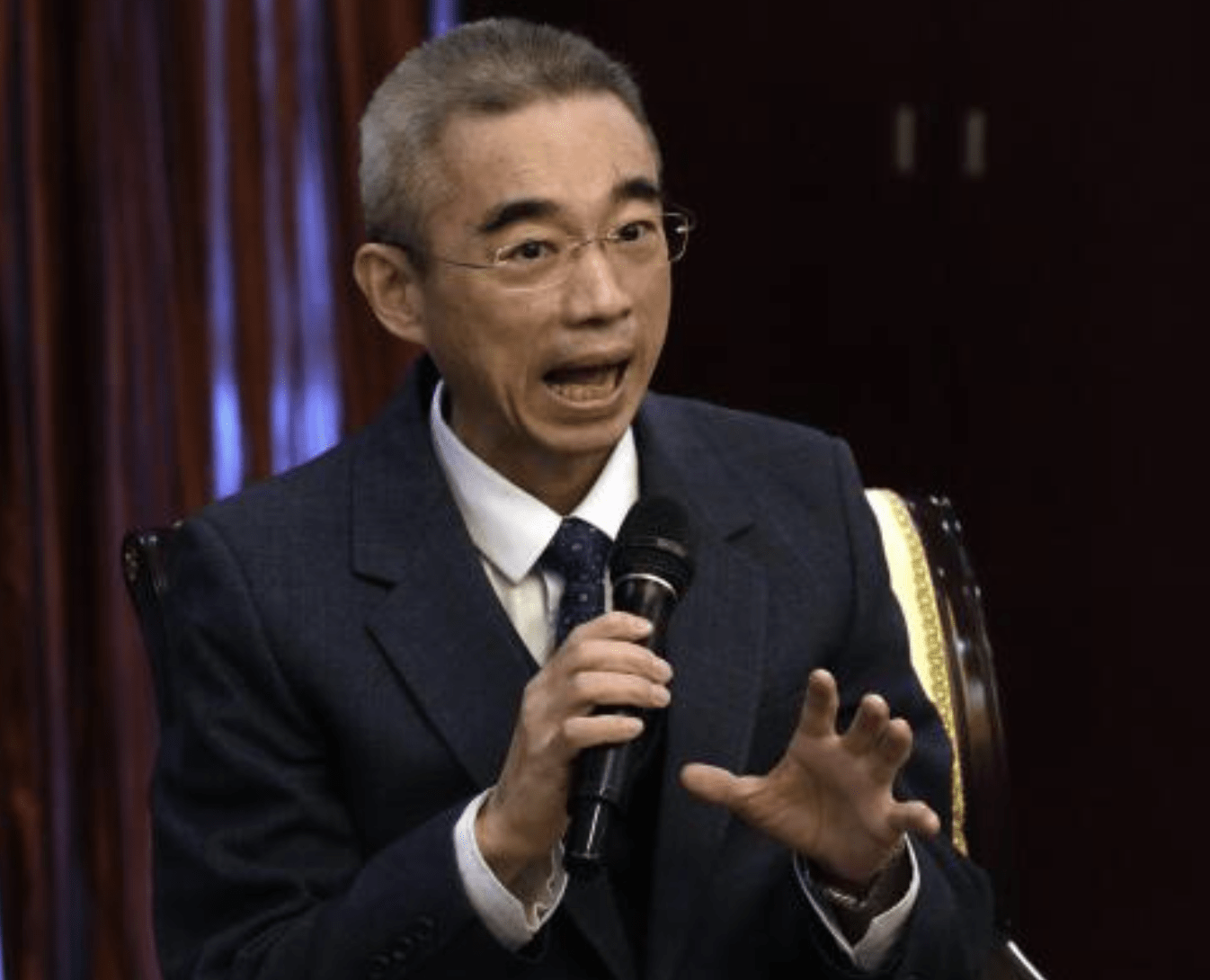MIT TECHNOLOGY REVIEW – Hazmat suits, PCR tests, quarantines, and contact tracing—it was hard not to feel déjà vu last week when China’s Center for Disease Control and Prevention published new guidance on how to contain a disease outbreak.
But what was happening was not another covid wave. Rather, the Chinese government was addressing a potentially significant new public health concern: mpox [a politically correct term for a condition long known as monkeypox – HH].
The World Health Organization reports China is currently experiencing the world’s fastest increase in cases of [monkeypox], and the country needs to act fast to contain the spread.
While the Americas and Europe have mostly contained the outbreak that started in mid-2022, Asia has emerged as the disease’s new hot spot.
Japan, South Korea, and Thailand, which all saw sporadic imported cases last year, have reported weekly new case numbers in the double digits in 2023, meaning the virus has been spreading in the domestic population.
But according to the latest data reported to the WHO, China has surpassed all other countries in the world, with 315 confirmed cases in just the past three months—though irregular case reporting from Beijing means it’s impossible to know the true scale of the disease at this point.
[Monkeypox] is less contagious than covid, but since 2022, more than 88,000 people have contracted the disease, which can be painful and even debilitating for some. More than 150 people have died.
Some countries have been more successful than others at containing domestic [monkeypox] outbreaks—and much of their success is arguably a result of proactive measures like vaccination campaigns.
But the Chinese government has barely started to take action.
“Compared with the response to covid-19 … the [Chinese] response is certainly dramatically different,” says Yanzhong Huang, a senior fellow for global health at the Council on Foreign Relations.
“Even though [monkeypox] is less likely to develop into a large outbreak in the country, the Pollyanna attitude may encourage the spread of the disease among the at-risk population—unless they take a more active campaign against the disease.”
In May, the WHO declared that [monkeypox] was no longer a public health emergency of international concern (PHEIC) because cases had gone down significantly … READ MORE.



